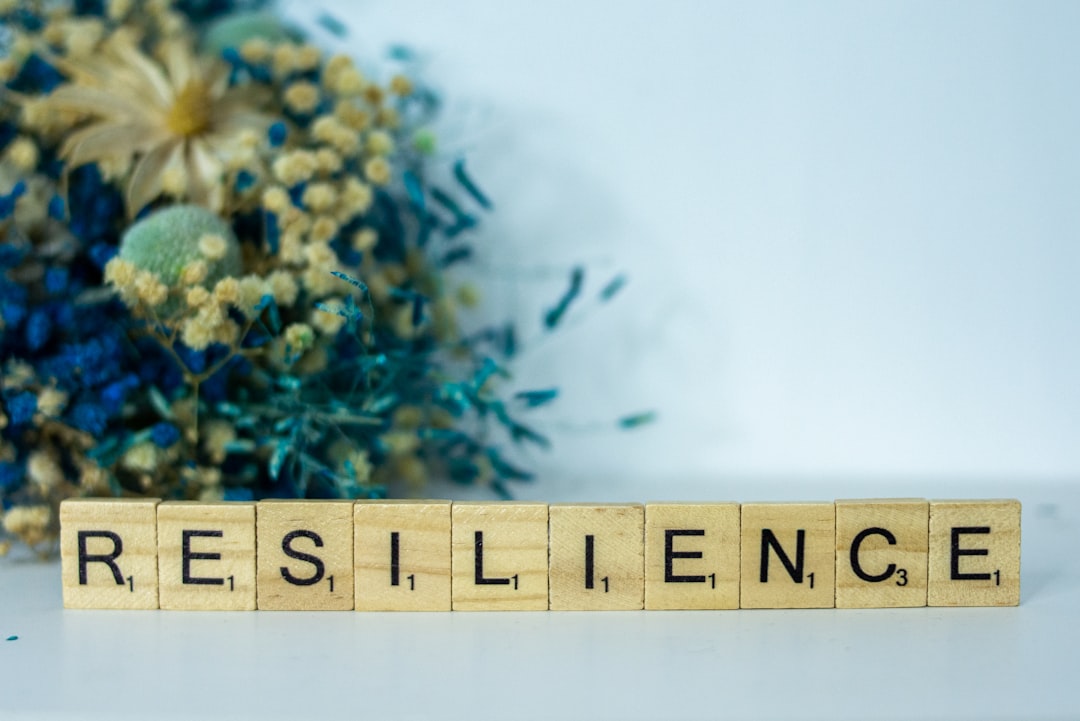
Building Unbreakable Resilience Through Mindful Positive Healing Strategies
In today’s fast-paced world, the ability to cultivate resilience is crucial for maintaining mental health and overall well-being. Building unbreakable resilience through mindful positive healing strategies involves nurturing a mindset that embraces challenges and promotes emotional strength. This guide explores actionable strategies backed by credible research to help you develop resilience in your everyday life.
Understanding Resilience
Resilience is the capacity to recover quickly from difficulties and adapt well to adversity. It’s not a trait that people either have or don’t have; rather, it involves behaviors, thoughts, and actions that can be learned and developed. Research shows that resilient individuals often possess a positive outlook, strong social connections, and the ability to manage stress effectively.
Mindfulness: The Foundation of Resilience
Mindfulness is the practice of being present and fully engaged in the current moment without judgment. Studies indicate that mindfulness can enhance emotional regulation, reduce stress, and improve overall mental health. By incorporating mindfulness techniques into your daily routine, you can foster resilience.
Practical Mindfulness Strategies
-
Mindful Breathing: Take a few minutes each day to focus on your breath. Inhale deeply through your nose and exhale slowly through your mouth. This simple practice can reduce anxiety and promote a sense of calm.
-
Body Scan Meditation: This technique involves mentally scanning your body for tension and consciously relaxing those areas. It helps increase body awareness and promotes relaxation.
-
Gratitude Journaling: Writing down things you are grateful for each day can shift your focus from negative to positive, fostering a resilient mindset.
Positive Healing Strategies
In addition to mindfulness, employing positive healing strategies can enhance your resilience. These strategies encourage a proactive approach to mental and emotional health.
Key Strategies for Positive Healing
-
Cognitive Reframing: This involves changing the way you perceive a situation. Instead of viewing challenges as insurmountable, consider them opportunities for growth. Research shows that reframing can reduce stress and improve problem-solving abilities.
-
Social Support: Building a network of supportive relationships can significantly enhance resilience. Engage with friends, family, or support groups to share experiences and foster emotional connections.
-
Physical Activity: Regular exercise is proven to improve mood and reduce stress. Aim for at least 30 minutes of moderate exercise most days of the week to boost your physical and mental health.
-
Healthy Nutrition: A balanced diet rich in fruits, vegetables, whole grains, and lean proteins can have a positive impact on your mood and energy levels. Foods high in omega-3 fatty acids, such as fish and walnuts, have been linked to improved mental health.
Addressing Common Misconceptions
Many people believe that resilience is an inherent trait, leading to feelings of inadequacy when facing challenges. However, resilience is a skill that can be developed over time. Another misconception is that practicing mindfulness requires extensive time or training; in reality, even short daily practices can yield significant benefits.
Encouragement on Your Wellness Journey
Building resilience is a journey, not a destination. It’s normal to experience setbacks; what matters is how you respond to them. Embrace the process and be patient with yourself. Celebrate small victories and acknowledge your progress along the way.
Further Reading and Resources
To deepen your understanding of resilience and mindfulness, consider exploring the following resources:
- American Psychological Association on Resilience
- Mindful.org for Mindfulness Techniques
- The Center for Humane Technology for resources on positive technology use
Incorporating these strategies into your life can significantly enhance your resilience and overall well-being. Start today by choosing one or two practices to implement, and observe how they positively influence your mental health.
By prioritizing your health and wellness through mindful positive healing strategies, you’re not only building resilience but also creating a fulfilling life. Remember to share this article with others who may benefit from these insights and encourage them to join you on this transformative journey.


